7 years of carnage in Yemen: Sana’a says Saudis, allies committed ‘unprecedented war crimes’
Yemen’s Foreign Minister Hisham Sharaf says Saudi Arabia and its allies have committed “unprecedented war crimes” against Yemenis, including overt attempts to starve them, while the international community has kept silent.
In a message on Saturday marking the seventh anniversary of the Saudi-led war on Yemen, Sharaf said the Saudi-led war coalition has committed unprecedented war crimes against Yemenis for seven years in flagrant violation of international humanitarian law, the Charter of the United Nations, and related treaties and conventions.
He said the military campaign has been seeking to starve the Yemeni people and inflict great suffering upon them by preventing the entry of fuel tankers through the port of Hudaydah, the continued closure of Sana’a International Airport, and manipulation of the Yemeni national currency, Yemen’s al-Masirah reported.
“With the passage of each day of the aggression, it becomes clear that the [coalition] came to destroy Yemen’s capabilities and social fabric, occupy its islands and ports, plunder its wealth, attempt to infringe on national sovereignty and rob” the Yemenis of deciding their fate, Sharaf said in his message, sent to foreign ministers of countries around the world.
When one hears Yemen is world’s worst humanitarian disaster, often there’s a distancing effect.
— Matt Kennard (@kennardmatt) March 25, 2022
What it means in reality is 400K children, like this one, starving to death because of a UK-backed war and blockade.
We should be doing all we can to end this crime against humanity pic.twitter.com/zub1w6A9nR
The Yemeni foreign minister also noted that the Saudi-led military coalition continues its crimes in Yemen because of the double standards of the international community.
Launched in late March 2015, the war on Yemen was aimed at crushing the Ansarullah resistance movement and re-installing the former Riyadh-friendly regime in the poorest Middle Eastern country within weeks, but Riyadh continued the war after miserably failing to reach its goals.
The Saudi-led coalition, which consists of the United Arab Emirates (UAE) and other regional allies of Riyadh, has been mainly using airstrikes to attack areas deep inside Yemen, including residential areas in the capital Sana’a and elsewhere around the country. The coalition has received logistical and intelligence support from the United States, Britain, and France.
Because of the war and the accompanying siege, Yemen is now facing the worst man-made catastrophe in the world.
Eight family members, all women and children except one man, were killed in dawn Saudi airstrikes on their homes in Yemen's Haddah, capital Sana'a. Four others were seriously wounded. The photo shows what left, if any, of their home pic.twitter.com/tCTDasu7xA
— Shuaib M. Almosawa (@Shuaibalmosawa) March 26, 2022
In recent months, there have been serious escalations in the still-asymmetrical war, as the Yemeni armed forces pushed forward with and broadened their retaliatory strikes, bringing the war into the Saudi and Emirati soil. In turn, Saudi Arabia has launched rounds of air raids against Yemeni targets and tightened its siege by seizing Yemeni fuel tankers on several occasions.
The Yemeni armed forces picked the seventh anniversary of the brutal war to launch fresh attacks against oil giant Aramco’s petroleum products distribution station in Jeddah, causing a fire in two storage tanks. They also raided other targets in what they called the third phase of Operation Breaking the Siege.
The three phases of the operation were conducted after the Yemenis concluded three successful phases of Operation Yemen Storm against Saudi Arabia and the UAE that also included strikes against Aramco facilities.
On January 26 last year, marking the sixth anniversary of the war, the Yemeni armed forces pounded Aramco oil facilities in the kingdom’s southern regions as well as King Abdulaziz Air Base in Eastern Province. However, the latest attack on Aramco caused much more damage, attesting to the Yemeni forces’ growing military capabilities.
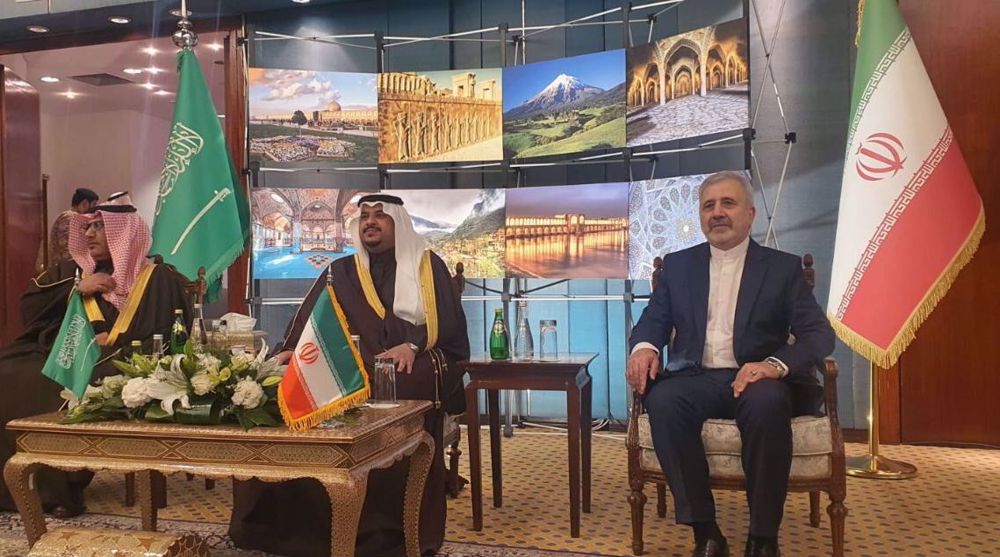
Tehran, Riyadh expanding, deepening mutual cooperation: Iran’s ambassador
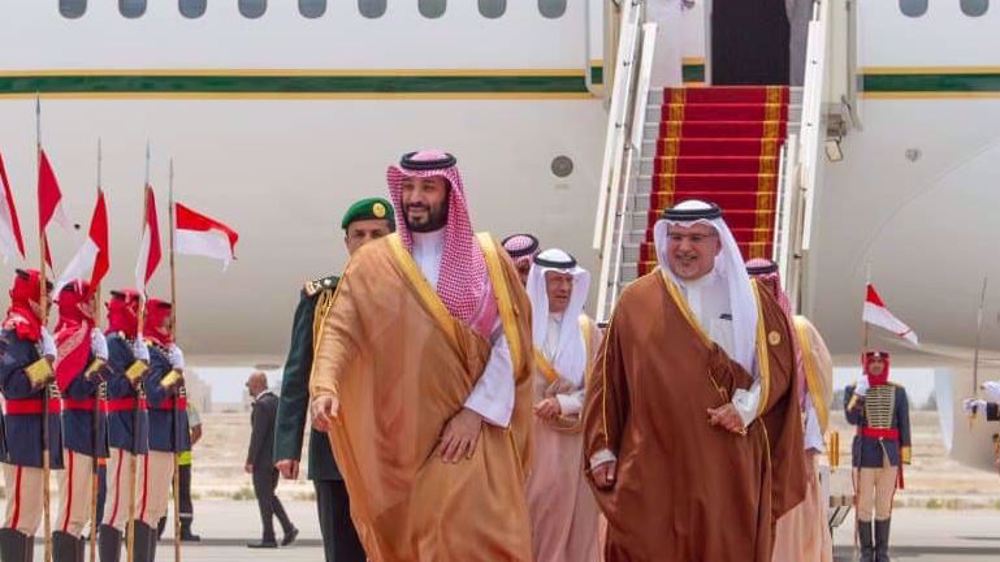
Arab League condemns Netanyahu’s proposal to create Palestinian state in Saudi Arabia
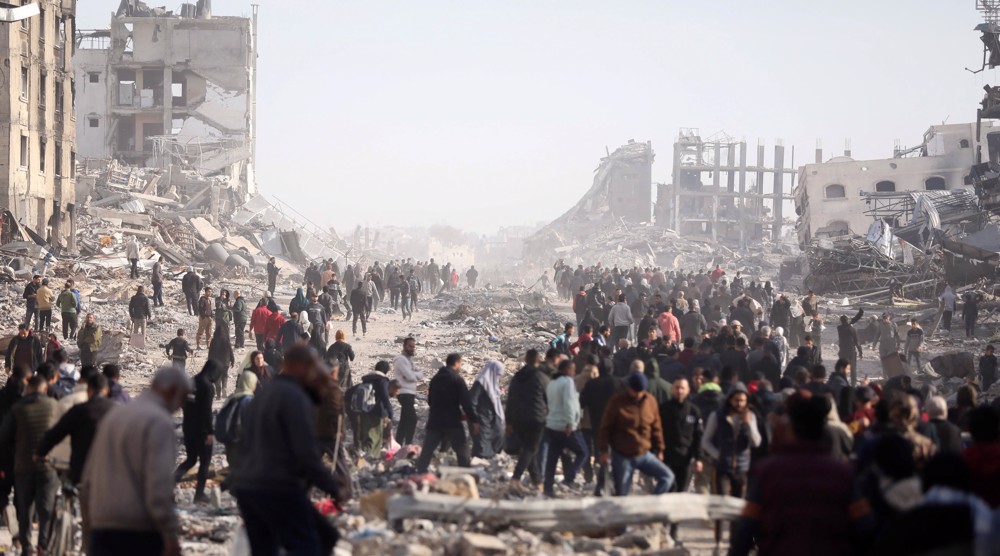
‘Extremist mindset’: Riyadh rejects Netanyahu’s remarks on displacing Palestinians
Iranian flotilla makes port call in India with 'friendship message'
How UK counter-terror police colluded with Zionists to detain me after Beirut trip
Biden, Blinken, Austin referred to ICC over Gaza war crimes
EU will 'do the same' if US implements tariff hikes: France
VIDEO | Press TV's news headlines
British celebrities condemn BBC removal of Gaza documentary
Iran Army acquires tactical vehicles, audio surveillance systems
VIDEO | UK police detain anti-Zionist scholar upon return from Lebanon


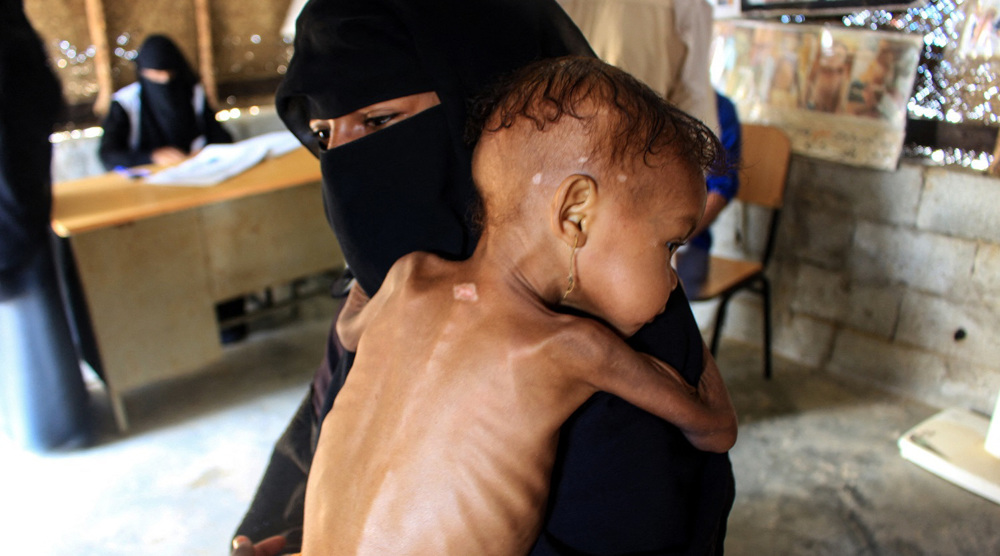



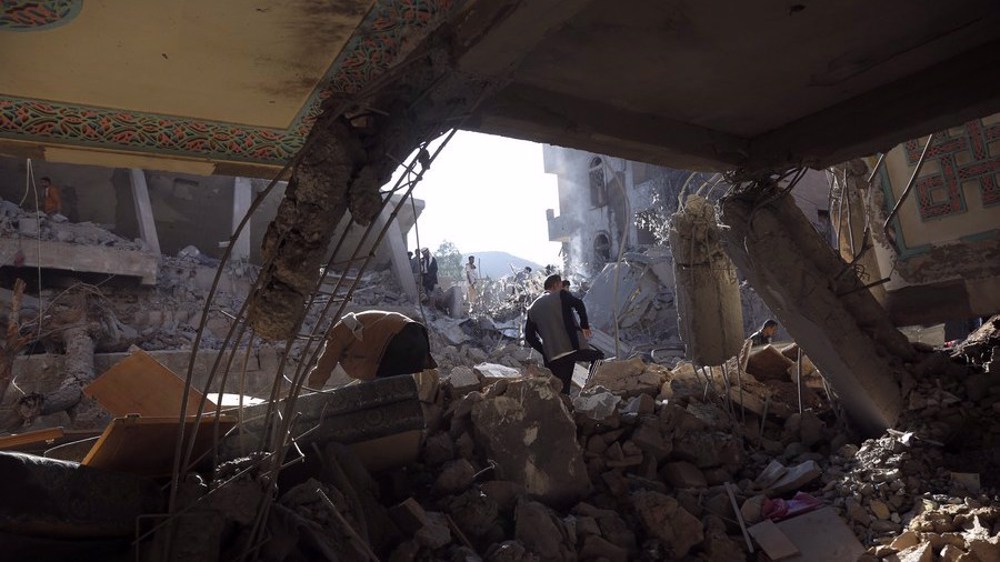
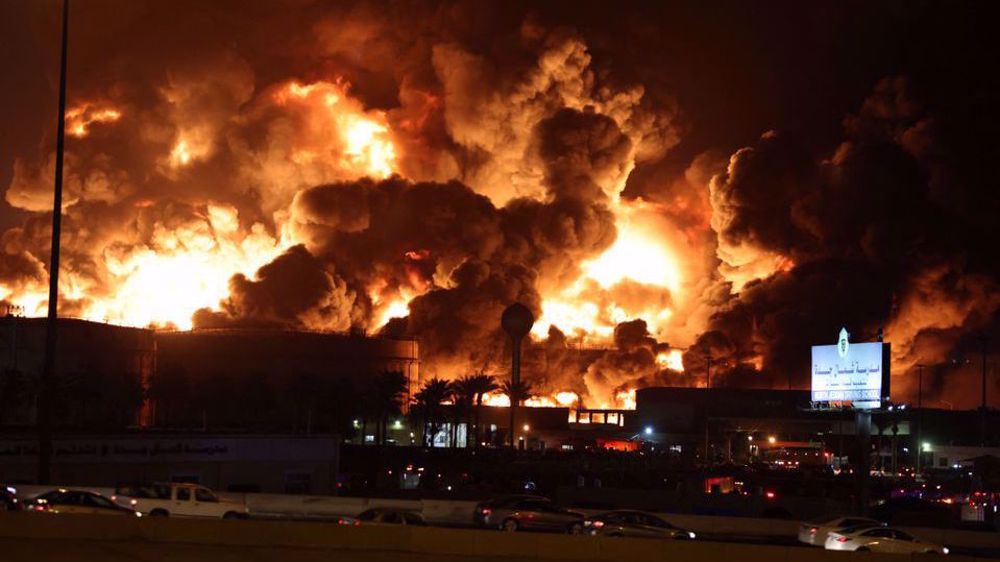
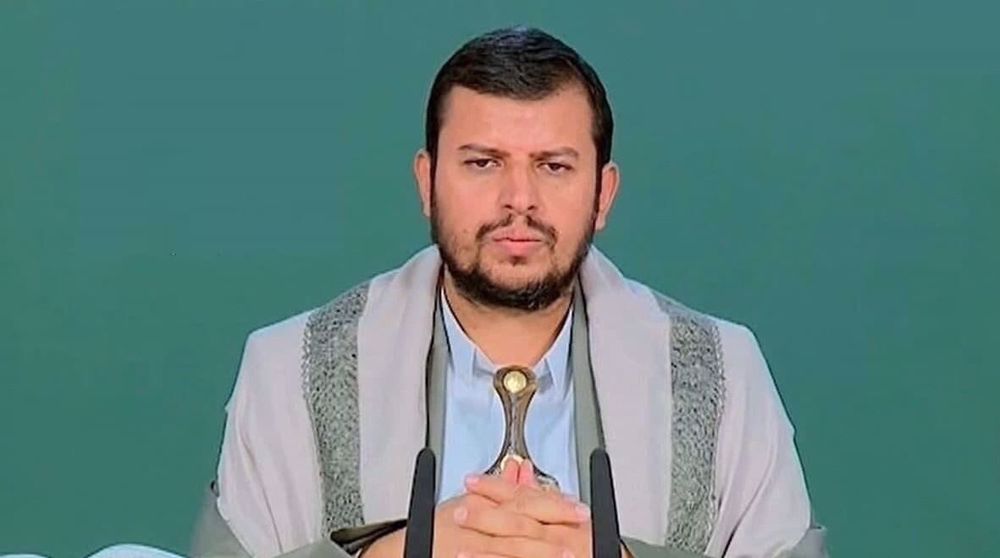

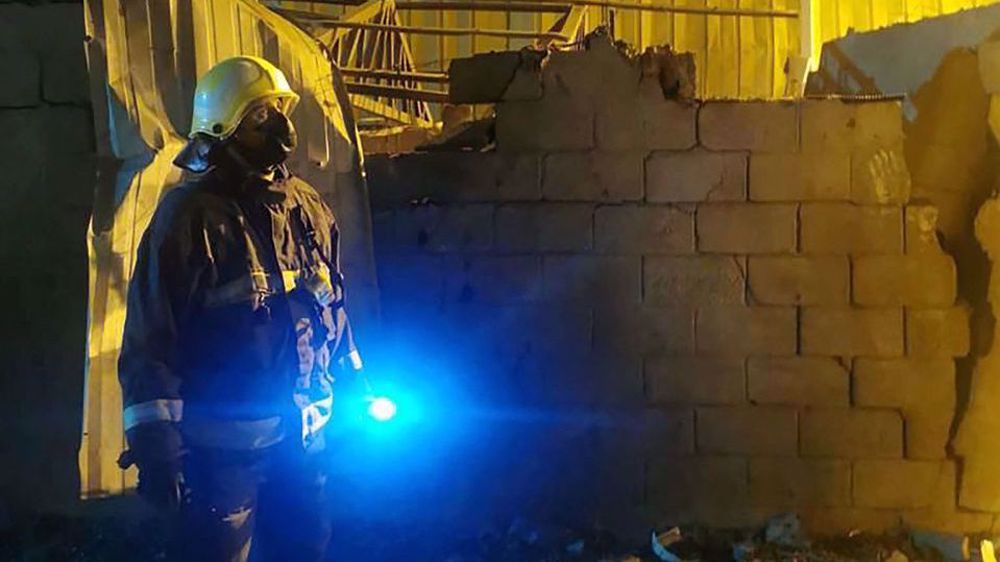

 This makes it easy to access the Press TV website
This makes it easy to access the Press TV website